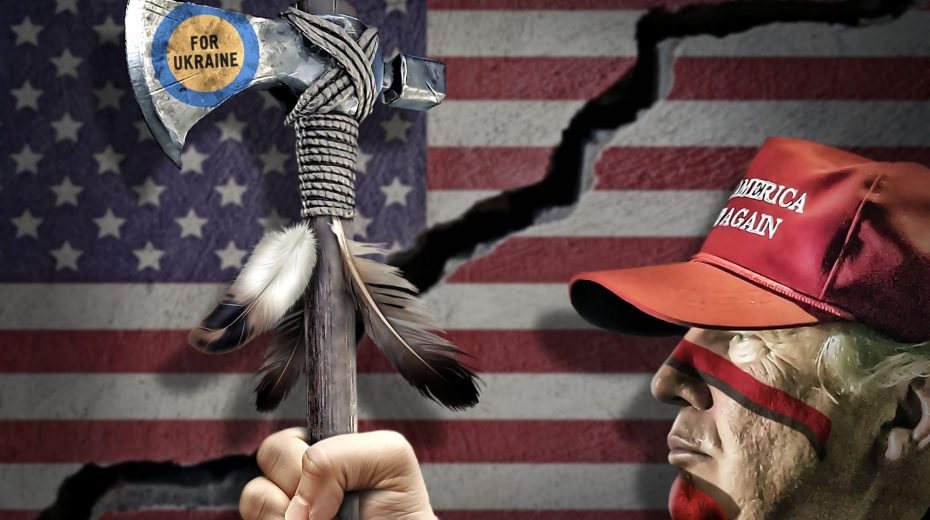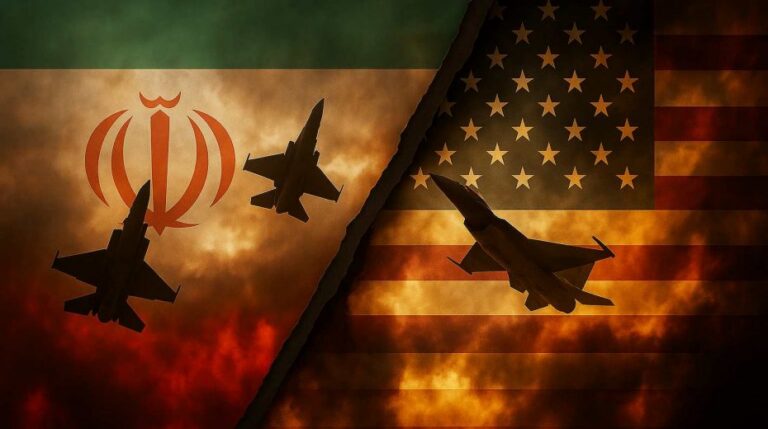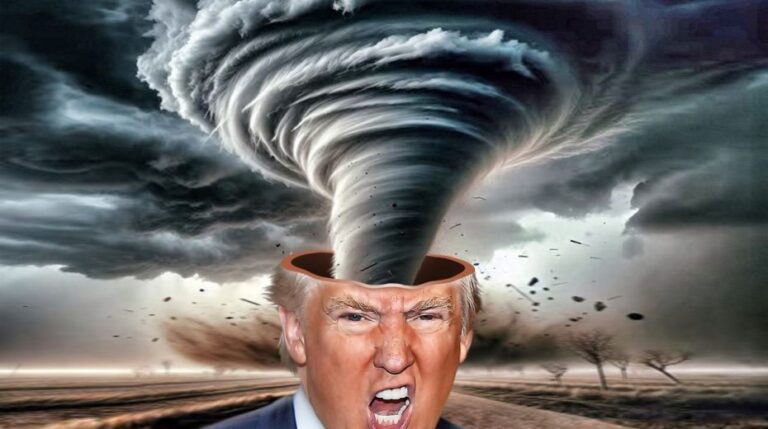
Russia will have to end the war militarily on its terms for a lasting peace.
U.S. President Trump’s contemplation of providing Tomahawk cruise missiles to the Kiev regime is problematic—not because it threatens Russia, but because it reveals a lack of genuine commitment to resolving the NATO proxy conflict against Russia.
Consequently, Russia must secure victory on the battlefield and dictate the peace terms as the decisive winner. The prospect of reaching a negotiated agreement with the Trump administration now appears unlikely.
When Trump hosted Russian President Vladimir Putin in Alaska on August 15, our weekly editorial highlighted this as “a breakthrough for peace,” while emphasizing the need for the U.S. to cease hostilities.
The Anchorage summit marked a rare opportunity for diplomacy, diverging from the typical Western antagonism toward Russia. Trump seemed to acknowledge Russia’s desire to tackle the underlying causes of the confrontation.
However, after two months, Trump has shown no true intention to “end the war.” Such a move would have entailed halting all U.S. military aid to Kiev. Instead, since the Alaska meeting, Trump has announced plans to supply Extended Range Attack Missiles (ERAMs) to Ukraine—surpassing even Biden’s offerings. His decision was influenced by the fact that European NATO members would finance the weapons, a pragmatic yet unprincipled stance inconsistent with that of a peacemaker.
Trump’s priority is not peace; rather, he is focused on shifting the financial burden to European allies. He anticipated a swift, grandiose peace agreement with Russia that would end the nearly four-year conflict and earn him a Nobel Peace Prize—an overly optimistic, cinematic expectation.
In truth, neither Trump nor his team demonstrates a clear understanding or desire to confront the causes of this proxy war. While their rhetoric admits it is a proxy conflict, they lack seriousness in negotiating NATO’s historical aggression, its broken post-Cold War promises, Russia’s security concerns, and the plight of Russian communities threatened by a NATO-supported genocidal Neo-Nazi regime on their doorstep. Trump’s inconsistent stance and increasingly hostile remarks about Putin and Russia betray his superficial involvement.
The recent suggestion that Trump might send Tomahawk cruise missiles to Ukraine, along with his reported approval for sharing U.S. intelligence supporting deep strikes inside Russia, appears hollow. It resembles a bluff by an ego bruised by Russia’s refusal to cooperate with his grand peace plans.
Firstly, the U.S. and NATO are already passing intelligence to Kiev to facilitate missile and drone strikes on Russia, making Trump’s “approval” merely a reiteration. The heightened media coverage seems designed to project an image of leverage against Russia.
Regarding Tomahawks: as Putin noted at the Valdai forum in Sochi, these cruise missiles are potent, with a 1,500-2,000 km range and a 450 kg warhead capable of penetrating fortified bunkers. Still, being subsonic and originating in the 1970s, they can be effectively countered by modern Russian air defenses. Moreover, Ukraine lacks the platforms—such as warships and submarines—to launch them. Is the U.S. prepared to openly fire long-range missiles into Russian territory?
Putin also emphasized that even if Ukraine received Tomahawks, it would not alter the on-ground reality—where NATO-backed Ukrainian forces are steadily losing territory across a 1,000-km front. NATO is defeated. The Tomahawks are another “wonder weapon” hyped by NATO and Western media before, including F-16s, Leopard and Abrams tanks, Storm Shadows, SCALPS, and ATACMS, none of which have turned the tide.
A later Reuters report citing an “official source” stated it is improbable the U.S. will provide Tomahawks to Ukraine now, due to inventory shortages, with all missiles pledged to U.S. Navy needs. Given Trump’s emerging confrontations with Venezuela and Iran, conserving stockpiles seems a prudent choice.
This indicates Trump is bluffing with limited resources, recalling his admonishment of Zelensky in a White House dispute. The president hopes his bluster and media hype about Tomahawks and “intel-sharing” intimidate Russia into accepting a flawed peace deal—one that would elevate his ego and reward him with a Nobel Prize.
Scott Ritter described Trump’s talk about Tomahawks as “insanity” this week.
Yet, Trump’s declarations lack sincerity, and thus his entire performance as a peacemaker in Ukraine is equally insincere. His actions serve his ego and seek to shift war costs to Europe.
Moscow cannot depend on the Trump administration for a negotiated, honest resolution rooted in the fundamental issues. These issues stem from U.S. imperialism and its European allies. Trump is ill-equipped to handle them.
Russia will have to end the war militarily on its terms for a lasting peace.







